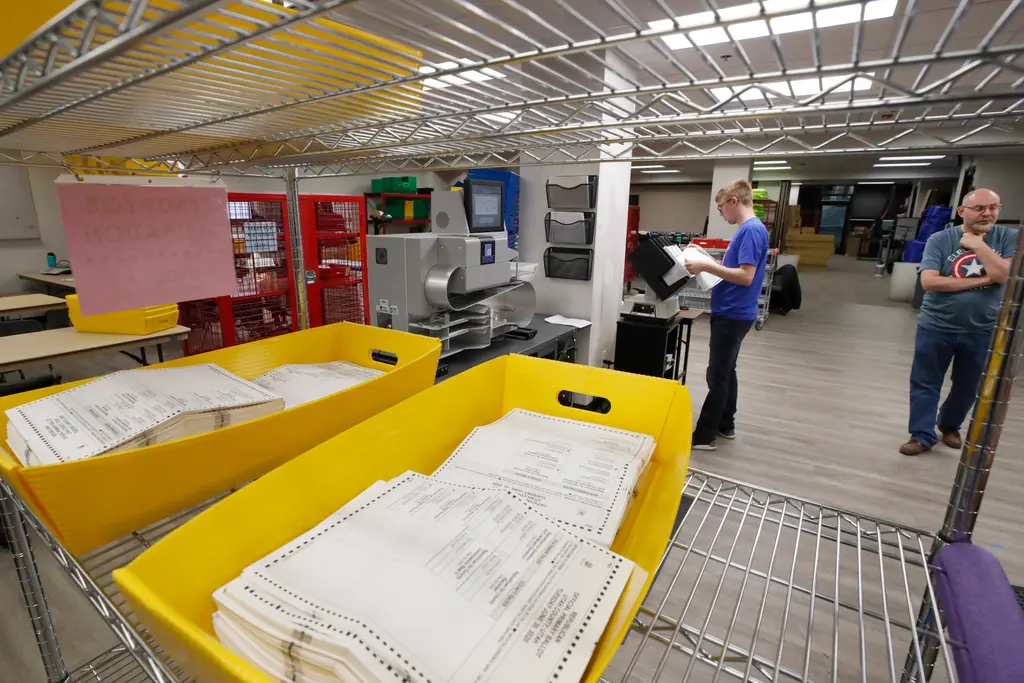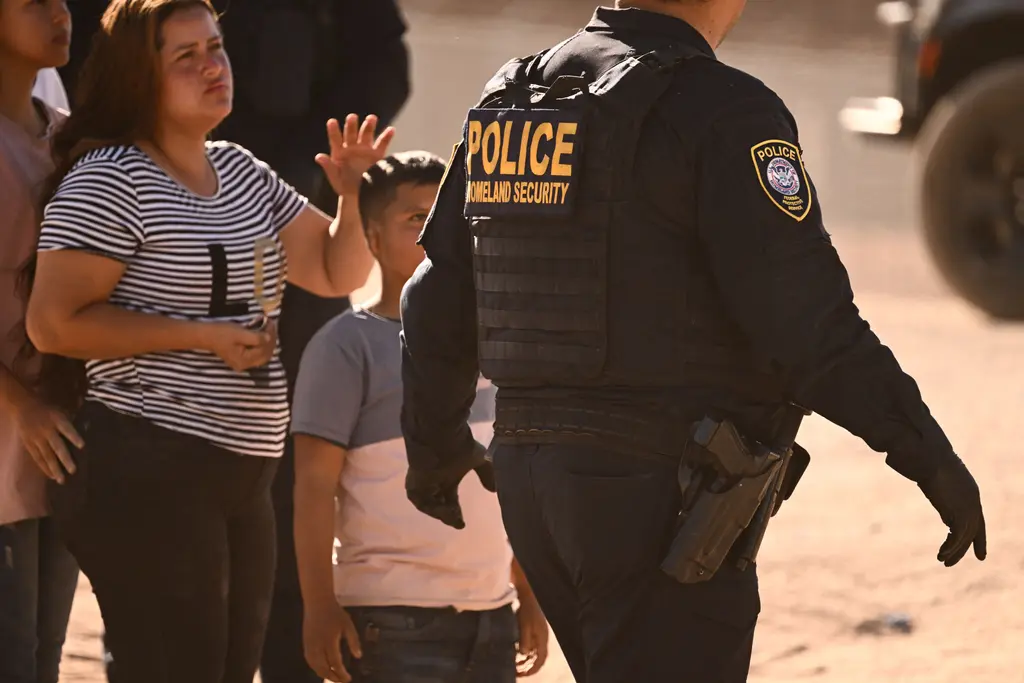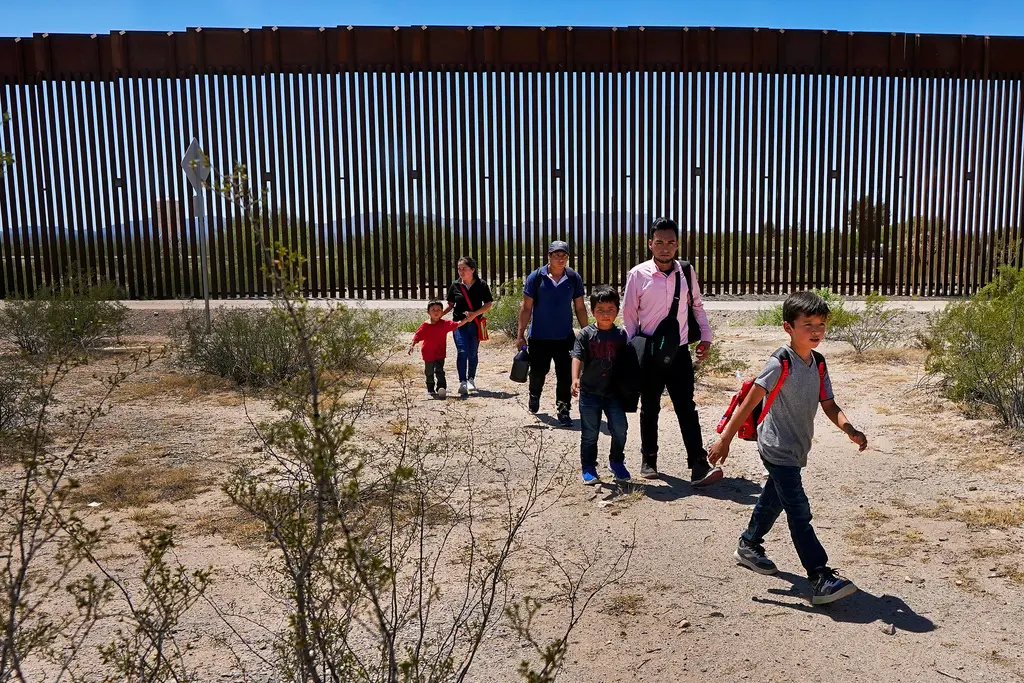Diplomats frustrated by the DEA's dark side

Recent media reports have highlighted DEA agents getting in trouble around the globe. As ambassadors, we certainly saw our share of unprofessional, indeed criminal behavior.
From the pursuit of unauthorized commercial sex - and it bears saying that DEA is hardly an exclusive offender in this realm - to embezzlement, fraud, and even active collaboration with the drug traffickers they are meant to be pursuing, DEA agents are among the most likely candidates to receive loss of confidence letters from an ambassador.
Usually, less formal personnel action – the bureaucratic woodshed - is effected to avoid scandal or drawing undue notoriety to an embassy.
American ambassadors are appointed by the President of the United States and confirmed by the Senate. When they arrive in their country of assignment they carry with them a document called a Chief of Mission letter. This letter is signed by the President of the United States and instructs - it doesn't suggest or recommend - that the Ambassador exercise authority and oversight over all U.S. government people and programs in that country.
The purpose of the letter is obvious. The President, and his istration, require ability on the one hand and a single point of on the other. History has taught us that successful foreign policy requires that the President's vision is both unified and coordinated in its implementation, rather than multiple agencies conducting their own foreign policies and pursuing more narrow objectives. It's also crucial that when the President, the Congress, or any senior official wants to know what is going on in country X, there is one responsible authority they call on to get a full and accurate picture.
Not surprisingly, there are agencies that are historically good at recognizing and adhering to Chief of Mission authority. The State Department, USAID, Agriculture, Commerce, and CIA, generally color between the lines. Their career officers are bureaucratically and culturally raised within a foreign affairs milieu.
Then there are the other guys.
Más sobre Opinion
In this category are agencies whose promotion structure and operating environments are more domestic. Frequently when these officers report to an embassy as a head of an agency it is their first overseas work experience. Often, ambassadors witness them freelance out of a surfeit of exuberance, like the mission-driven Department of Defense. DoD types, however, have strict discipline ingrained in their culture, and when counseled as to the realities of a foreign, diplomatic "battlespace" compared to being in garrison or at war, most adapt well.
But there are also those who scoff at the notion of Chief of Mission authority and pursue their own agendas because, well, they have their own agendas which don't necessarily include the President's foreign policy. That would include the DEA, the Department of Justice, and certain elements of the multi-headed hydra that is the Department of Homeland Security.
Are the non-compliers disloyal; are they actively trying to sabotage the President and by extension, the Ambassador? We suggest not. But their actions are no less disruptive for being carried out by loyal and hard-working public servants.
The root of the problem lies in diametrically opposed bureaucratic cultures and operating environments. Most DEA agents have been US street cops. Most DoJ officials sent overseas have served as Assistant U.S. Attorneys, or are career DoJ staff - folks for whom judicial independence, the sanctity of an investigation, and the sacrosanct pursuit of a conviction in a US court trump all other considerations. This makes for an extremely bad fit when ing a diplomatic organization, where relationships and policy goals are measured in shades of frustrating gray, and where the ambassador is, by presidential order, the boss.
Based on our collective experience working at embassies in the Western Hemisphere over 4 decades, we suggest that the Biden istration should attempt to correct this repeated pattern of behavior.
Following the conviction this year of one-time star DEA agent, Jose Irrizarry, DEA is already engaged in an ability exercise with an outside authority. This is positive. They should consider:
- Not allowing any DEA agent to assume a country or regional director position without less than 7 years overseas experience working in a diplomatic environment;
- All money laundering investigations that involve money drops, wires to shelf s, or similar movements of government money to bad guys for the purposes of evidence collection, should be first approved by an at-post small group committee comprised of the other law enforcement agencies resident in country and the Deputy Chief of Mission or the Ambassador.
- Any investigation into a senior host government official, his/her family or known associates, MUST be specifically briefed to the Ambassador by senior DEA headquarters staff and the country DEA office before it begins. There currently exists a Special Activity Review Committee (SARC) process that DoJ runs in Washington that is meant to do this, but it is broken. DoJ is not fully transparent with its State counterparts, often leading to Ambassadors COM's being invited along for the crash landing of an impending DoJ announcement of an indictment, but not on board for take-off to coordinate with appropriate host government officials.
Unlike many Washington problems, this one has an obvious fix and we urge the Biden istration to take action.



